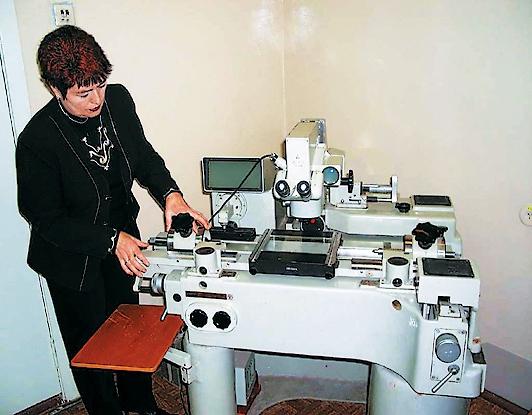The predominance of private property over state property, the availability of free markets for services and goods, the rapid updating of their structure and, as a result, a complete change in the structure of the economy, significantly affect the possibility of using the old system of state standardization in Russia.
Standardization is the development of certain provisions for their application in the production of certain products in order to ensure optimal savings for all interested parties and at the same time comply with safety rules and operating conditions. Established standards should be based on the universal benefits of introducing the achievements of science and technology. State standardization initially had the following objectives:
ensure the safety of products manufactured in the country for the life and health of people and the environment;
remove technical barriers in production and trade;
save all kinds of resources;
ensure product interchangeability, as well as information and technical compatibility;
combine control and labeling methods ;
ensure product quality, taking into account the interests of the state and consumers, as well as its competitiveness.
Even in the difficult years of the country for the country of the last century, classifications of flax, wool, and cotton were developed, an international metric system of weights and measures was introduced, and the state Standardization Center was created. This was of extreme importance to the country.
Today, standardization is just a lot of disordered and not brought into conformity technical regulations, standards, conformity assessment procedures that require improvement.

In 2002, the Law on Technical Regulation was adopted in the Russian Federation, which repealed the previously existing legislative document - On Standardization. Modern standardization is, according to the participants of the business community, only a stumbling block in the development of the country's industry, an administrative barrier linking the initiative of any business. At the same time, those who express their opinion for some reason do not speak about the benefits that compliance with standards based on many years of practical experience and scientific achievements can bring. In a market economy, standardization is one of the elements of technical regulation that can provide a tangible contribution to the country's economic development. Indeed, in many European countries a third of the annual economic growth is achieved through effective compliance with standards.
Thus, it can be assumed that when finalizing the existing regulations, bringing them into line with the real time and needs of the economy, our country can get a powerful tool to ensure the prosperity of the economy. But when developing an updated national standardization system, it is also important to determine the role and place of the state in it. At the first stage of the introduction of new standardization provisions, centralization of all processes and control are extremely important. Over time, the developed economic regulatory mechanisms can be automated (as an option, transferred to the non-state sector).